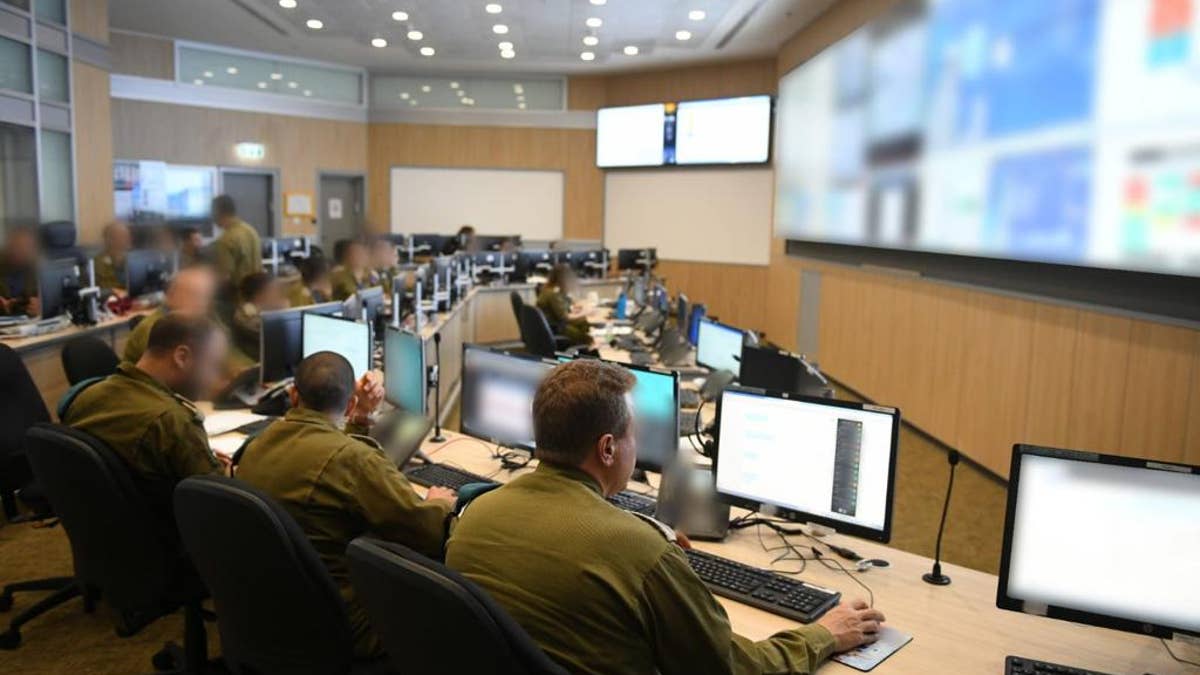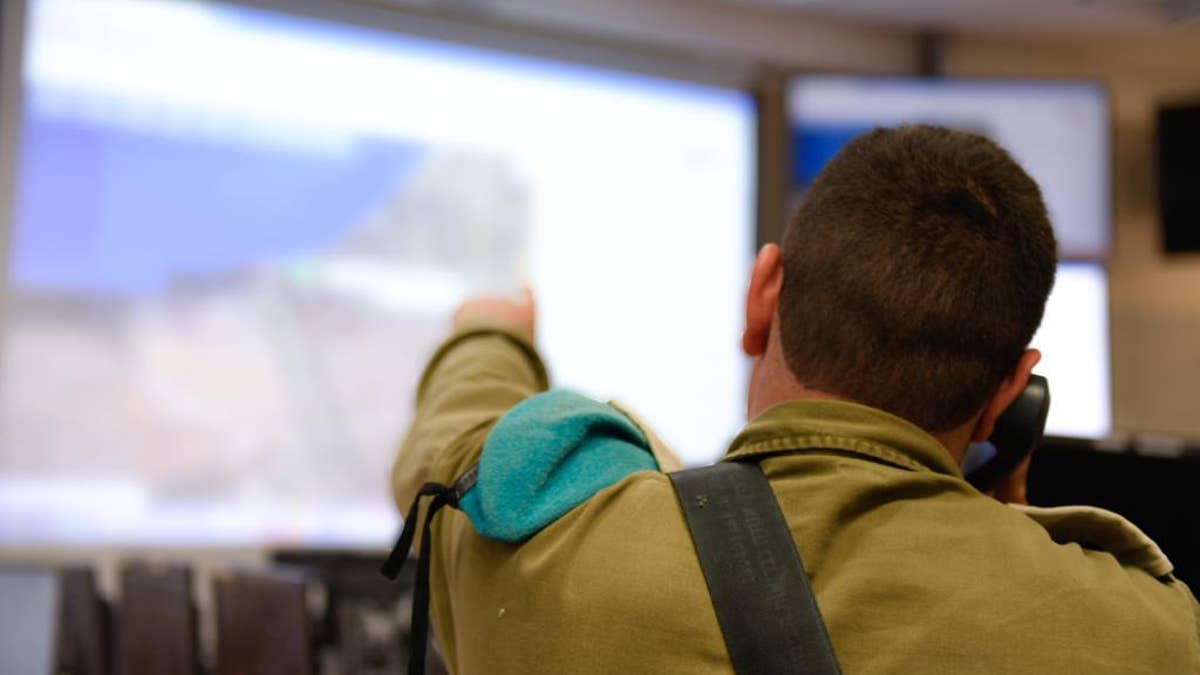AI enters health care world as co-pilots for doctors
Fox News Washington-based correspondent Mark Meredith has more on the future of the advanced technology as many are skeptical of its safety measures, on "Special Report."
The Israel Defense Forces (IDF) believes that integrating artificial intelligence (AI) into military operations presents "a leap forward," but researchers have raised concerns about the potential escalation AI would create on the battlefield.
"There is an understanding in the IDF that there is a great potential for a leap forward," Col. Uri, head of the Data and AI Department, Digital Transformation Division, told Fox News Digital. "Anyone who wants to make such a change faces a huge challenge."
The IDF announced in February that the force has started utilizing AI in its operations, saying that new digital methods helped produce "200 new target assets" during a 10-day operation in 2021 to successfully target at least two Hamas commanders, the Jerusalem Post reported.
"Remember breaking the human barrier – there were times when this took us almost a year," Data Science and AI Commander Col. Yoav said about the operation.
SCHUMER TAKING STEPS TOWARD AI REGULATION LEGISLATION: REPORT

Officers utilize a range of information to identify and locate targets. (IDF spokesperson unit)
"How do we do it? We take original subgroups, calculate their close circle [of personal connections], calculate relevant features, rank results and determine thresholds, use intelligence officers’ feedback to improve the algorithm," he explained, saying that it allowed the IDF to locate the targets.
Yoav said the IDF had located at least one Hamas squad missile commander and one of the Hamas anti-tank missile units through these means. He referred to the 2021 Gaza War as "the first digital war," saying the officers had seen "some major advancements" and had updated the systems "150 times in 10 days."
The open discussion about IDF utilization of AI raised concerns from two researchers, Tal Mimran and Lior Weinstein of the Hebrew University of Jerusalem. The pair labeled the rush to embrace AI "premature," warning that the use of AI required "more prudence" when deploying the tools.
PENTAGON GOES ON AI HIRING SPREE TO BRING MACHINE-LEARNING CAPABILITIES TO BATTLEFIELD

An IDF officer analyzes visual information generated with the help of artificial intelligence. (IDF spokesperson unit)
One of the chief concerns the researchers discussed in their article published on West Point’s Lieber Institute website focused on the lack of clarity surrounding how AI reach their conclusions that the IDF would then act upon, as well as concerns that such tools may be abused by private military company partners.
Against whom Israel decides to utilize the technology matters, according to the researchers, saying that using it against another tech-savvy country like Iran versus West Bank residents affects the "perception" that will develop around the use of the tools.
Additionally, they argued that use of AI tools invites enemy groups to use the tools as well against the IDF and Israeli citizens, arguing that IDF use "justifies" the reciprocal use of these tools.
PUTIN AND XI SEEK TO WEAPONIZE ARTIFICIAL INTELLIGENCE AGAINST AMERICA

The Israel Defense Force used artificial intelligence in the 2021 Gaza War to find and kill Hamas leaders. (IDF Spokesperson unit)
Col. Uri acknowledged those issues as part of the "huge challenge" that the organization faces, but he stressed the human element remains vital to the fair use and integration of AI technology.
"The essence of digital transformation is the change of this organization," Col. Uri explained, saying that the operational end asks questions that he puts through the AI and then sees what he can do with the information it churns out.
CLICK HERE TO GET THE FOX NEWS APP
"We need a connection and many bodies that will agree to cooperate with each other, and then the transformation begins," he continued. "Part of it is speaking the same language, part of it is understanding the magnitude of the opportunity and the type of change it requires of you."
"We are not looking to replace people, we are looking to improve and raise the level of operational effectiveness," he said. "There is a limit to your count as a human being to what you can process."








































